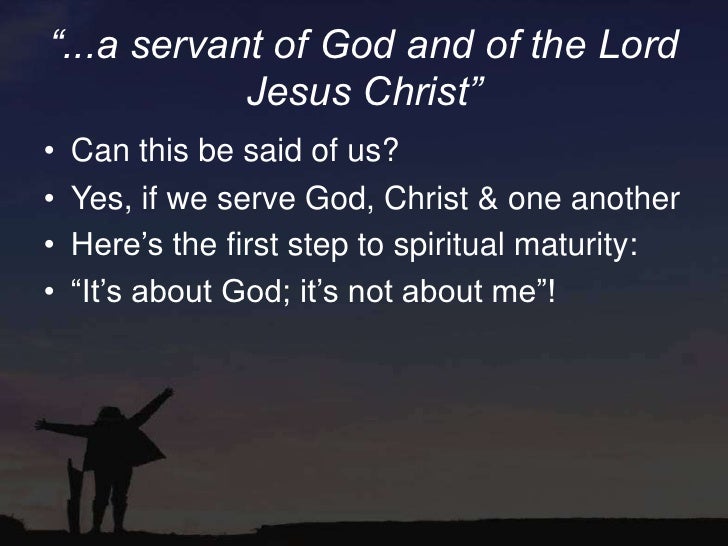
Image source: https://image.slidesharecdn.com/091108howtoliveyourfaith02itsnotaboutyou-091111001126-phpapp02/95/091108-how-to-live-your-faith-02-its-not-about-you-38-728.jpg?cb=1258459997
First of all, Moses teaches us to see miracles every day. What would have happened if Moses hadn't noticed the miracle of that burning bush? He might have walked right on by!
We all have miracles in our lives all the time, and we don't see them. There's a Yiddish word that has no meaning, but when it precedes a word it indicates that the word after it is, indeed, a miracle. The word is ta-keh. I like to explain how this word works by talking about how it can be used to replace the English word "just." For example, if Moses had seen that burning bush and said, "It's just a burning bush," then it would have been just a burning bush. But if moses had said, "That is, ta-keh, a burning bush!" he would have been saying, "Look at that miracle - a burning bush! " (Of course, Moses didn't know Yiddish, because it is a language that wasn't spoken in Biblical times.)
We have to stop looking at things in our life as "just this" or "just that." For instance, we have to stop saying, "Look at my paycheck; my pay was cut. It's just $500," and say instead, "look at that, ta-keh, pay check. It's, ta-keh, $500." At least you have a paycheck. Someone else doesn't.
Moses also can teach us about how to have a personal connection with God. When God spoke to Moses out of that burning bush, he didn't question whether or not it was God speaking, he just entered into conversation with the voice that emanated from the bush. He accepted that the voice he heard was God's voice, and he entered answered God.
He didn't just accept what he was told, however. He argued with God. He had a conversation. He said, "Why me? I lisp." But when God, said, "It must be you," he followed God's command.
Which brings us to the next lesson: We need to learn from Moses to listen to the voice of God when it speaks to us. And it doesn't always speak from a burning bush. Sometimes the voice is not loud...and sometimes it doesn't sound a lot different than our own voice, our own thoughts. And when we hear the voice, we need to respond by talking to God, with God, questioning God, and wrestling with God. And then we need to listen hard and long to the response that follows, and then do what we know we must do...and what we are urged and prodded and told to do.
From Moses we also learn that everyone has a destiny.Moses had a destiny just like Joseph had a destiny. We are in the right place at the right time even if it looks wrong. Joseph surely though that what his brothers did to him - selling him off and telling his father he was dead - wasn't right, but he ended up in a high position in Egypt, which helped him save his family and his people. Yes, his people became slaves, but because Moses was raised in the Pharaoh's palace and killed a man and went to Midian, he became the man that freed those slaves and took them into the desert where, he went to the top of Mt. Sinai to get the commandments so the Israelites could enter into a covenant with God.
Who are we to know why and how things are working out they way they are? We can't always know. We can only have faith and trust that there is a purpose and a plan. HIndsight is 20-20. We can hope that we will have such good vision when we look back over our lives to know why and how we ended where we did.
We can learn from Moses to be assertive and ask for what we want.This reminds me of Jack Canfield's book The Aladdin Factor, which is all about asking for what we want. God keeps telling Moses over and over again to go back to the Pharoah and to say, "Let my people go." And he did, and eventually he got what he asked for. You have to ask for what you want.
Lastly, Moses teaches us to have faith. He must have had a lot of faith in God to go to the Pharaoh 10 times, to take the Israelites through the desert for 40 years, to simply do what God commanded... Moses' faith teaches us to act when God whispers in our ear or talks to us from a burning bush.
So, along with the other people who inspire you to greatness and greater connection to God, add Moses to the list.